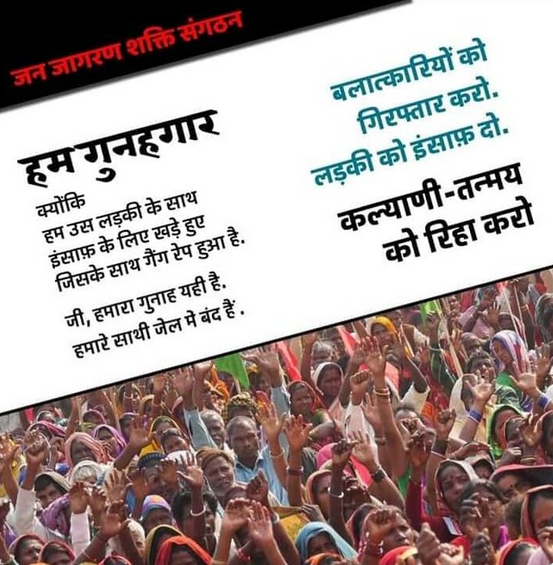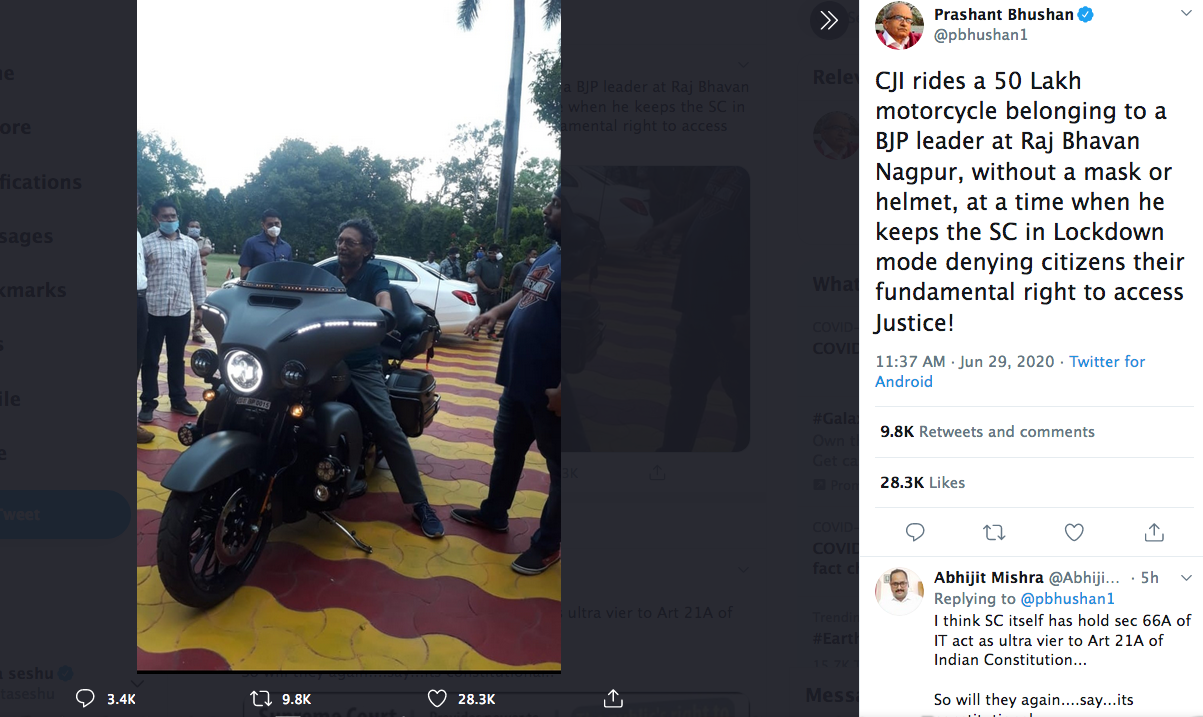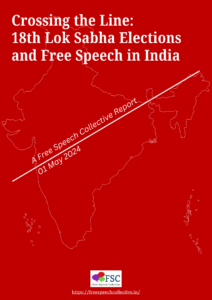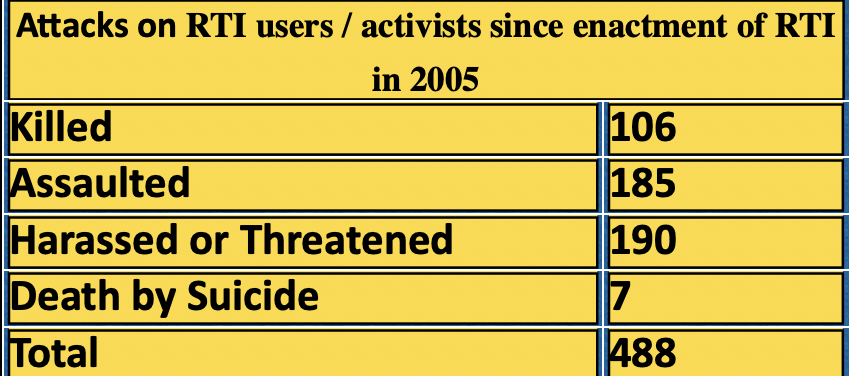


As President of the Gujarat High Court Advocates’ Association (GHAA), Yatin Oza addressed a press conference on May 9, live streamed on Facebook. According to reports, Oza had alleged that the HC Registry favoured lawyers with ‘billionaire clients’ and alleged nepotism in getting matters circulated.
The Gujarat High Court took suo motu cognizance of Oza’s comments ‘raising his accusing fingers…against the High Court, High Court Administration and the Registry by irresponsible, sensational and intemperate delivery’ . By way of punishment, the full court, in a meeting on July 18, unanimously resolved to review and recall the full court decision of October 25, 1999, where Oza was designated as a senior advocate.



